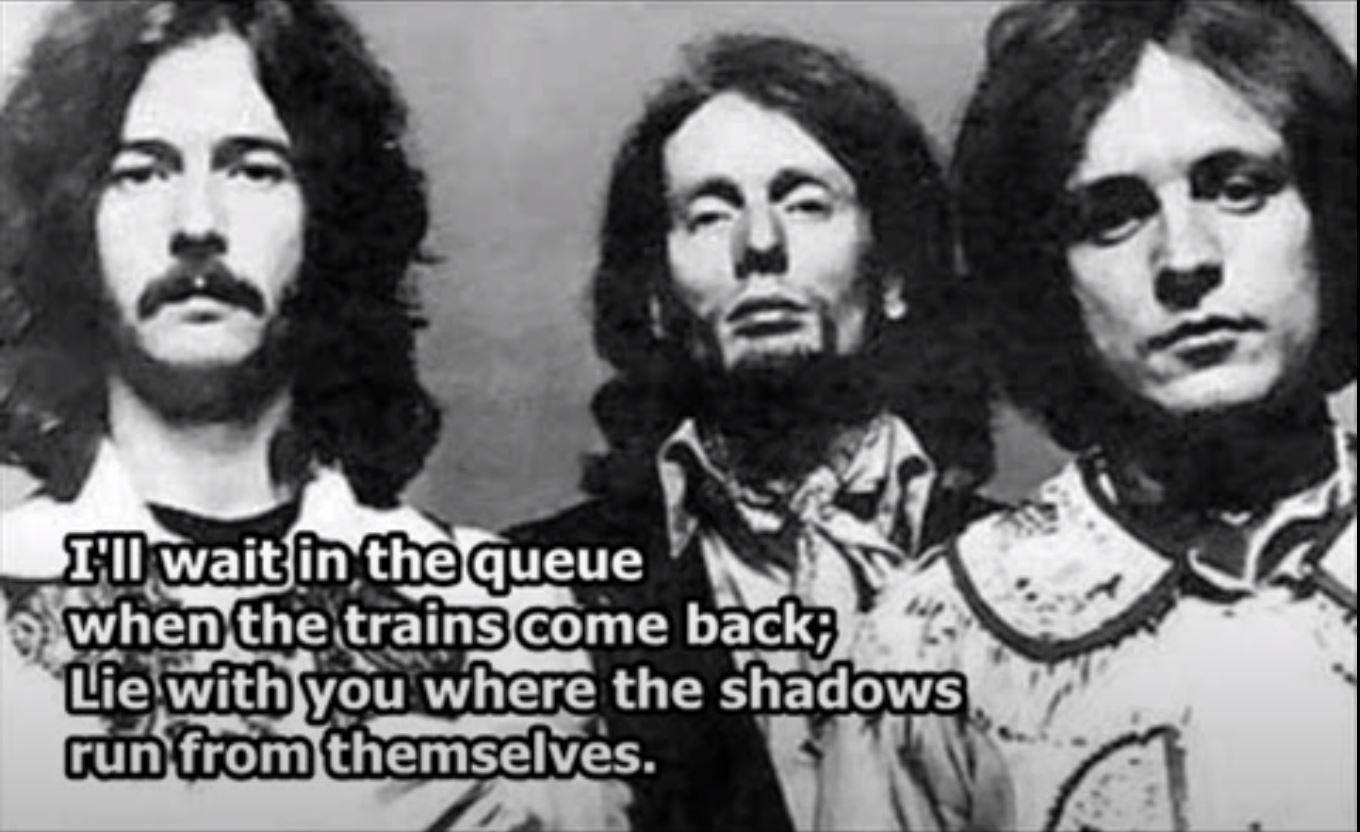The Pleaser is a partner that…
I am told often that I have a very pleasant demeanor. Normally as I am listening to others talk, I will smile, nod to encourage the person to continue to talk. Ministers in particular have commented that as they deliver their message they will find my face as I am easy to read and engage with. It is actually how I met my wife – in one of our very first meetings, she thought “he is always nodding and smiling” and that led to our meeting afterward. 😉 So that behavior has been reinforced for many years… until people mistake that nod for agreement. When I have heard them, and then start to discuss it, and disagree, there is often a look of displeasure – I thought you agreed with me?
… lets others drive you…
Pleasing others is not in itself bad… what causes the negative emotions of The Pleaser is constantly putting your own needs last, and becoming resentful of others for them “taking advantage of you”. The motivation is looking for your own acceptance and affection from others, and the currency is buying that with actions for others. Whole books have been written on it, and it is particularly dangerous in corporate settings where a large number of narcissists get ahead because they can leverage this guilt and focus to help them get ahead. The need to be “liked” gets in the way of tough conversations, and often those come out to others in what can also be described as passive-aggressive. I had one encounter with a band member who was very upset about a change that was being made, but when asked to discuss it, simply smiled and said they were in favor of it… and then continued to complain…
A subtle slippery slope is “if I don’t save them, they will fail”… which begins a victim/rescue/pleaser stew that is hard to unravel. Equally difficult to unravel is “incomplete delegation”. In both cases The Pleaser is constantly taking work back and redoing it – often thinking others won’t notice. Rather than holding them accountable, they do the work over, and then wonder why they are constantly overworked. In one organization, the manufacturing floor had a list of “modifications” for designs that came from this specific engineer that they would put in before even starting to get it to work. “Why don’t you tell him about those so he can change?” … they would rather keep doing this extra work than actually have a purposeful Feedback conversation. This is a pattern, sadly, that exists in many teams – until the leader or the direct reports have a breakdown and the team usually blows up.
… into what often is called Passive Aggressive…
“White Room”, written by Jack Bruce, was to be released on Cream’s 1967 album Disraeli Gears, but rejected by their label for it’s the similarity in style to “Tales of Brave Ulysses”, which was written by Eric Clapton – adding to the tensions between them. The lyrics by Pete Brown, a budding poet/friend, are not about an institution as many think – it was literally a White Room that he went into to clean up his life from dependencies on drugs and alcohol he had used to drown out bad relationships where he had been … The Pleaser. Clapton played a Fender Stratocaster through a wah-wah pedal to achieve a “talking-effect” – an effect he borrowed from Jimi Hendrix who arrived in London about the time Cream was breaking up. The guitar solo in this song is listed as the Number 2 of all time… only behind Jimi’s Voodoo Chile Slight Return 😉
How do you pull control of your brain back to…
Cream was now one of the top groups around the world, and Eric had achieved the stardom he had been pursuing… and like many, found that it was not at all what he needed. The tensions inside Cream were continuing to surface, and the recording sessions became competitions between Bruce and Clapton for who was the “leader” of the group. And it was when Eric started turning to drugs and alcohol that would soon have their hooks into him deep enough that the next decade is mostly a blur for him, along with complex relationships that will fuel some timeless hit music you know. Full of riddles, as you listen today, think about the relationships around you, and what would help you be more authentic in all aspects. In my case, it involved moderating my “Pleasing face” to be more neutral so that when I discuss issues, I don’t jar the conversation as much. As you look forward, what will you get out of your White Room?




